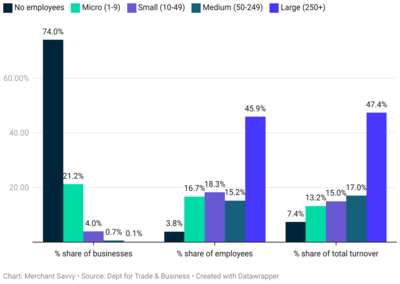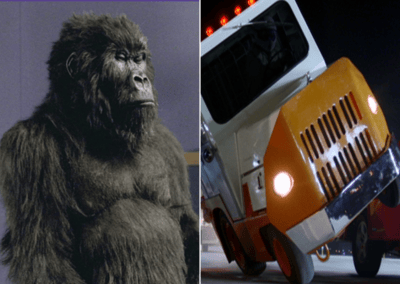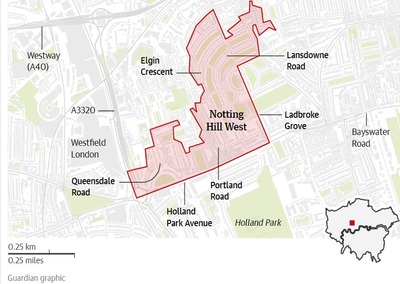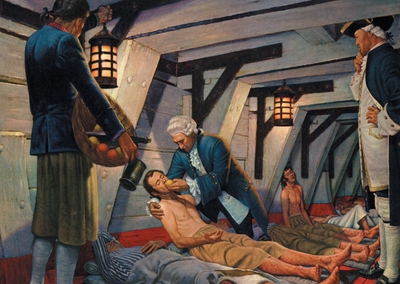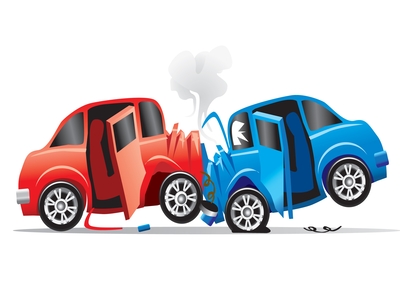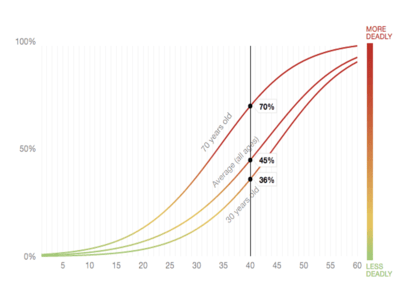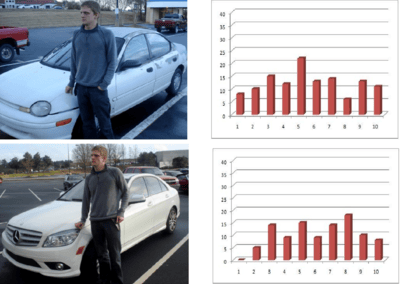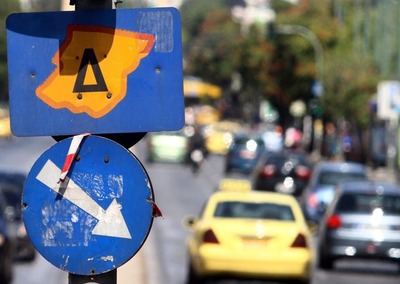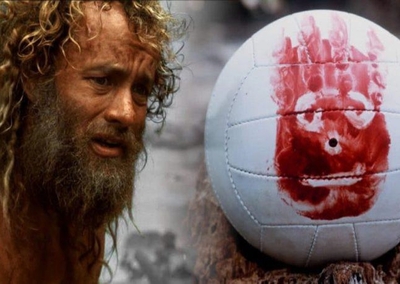At age 22, Whitney Wolfe helped launch Tinder, but left a few years later before filing a lawsuit against the company alleging sexual harassment. The ensuing attention from the media – and cyberbullying from strangers – prompted her to launch Bumble, a dating app where women make the first move.
isev-admin
In 1519, Hernán Cortés (literally) burnt bridges when he and his men set foot for the first time in continental America – a surefire way of avoiding desertion during the Spanish conquest of the Aztec Empire, and an early example of commitment devices in action.
99% of UK businesses have fewer than 250 employees, and 75% have no employees whatsoever.
The drumming gorilla is one of the most iconic campaigns of the 21st century. Yet the “Trucks” sequel failed to engage audiences, despite sharing exactly the same campaign idea. Inanimate objects simply don’t resonate as much as (seemingly) real animals.
Consider these two statements about lung cancer outcomes. 1) The one-month survival rate is 90%. 2) There is 10% mortality in the first month. Although the information is identical, surgery is much more popular in the former frame (84% of physicians choose it) than in the latter (where 50% favour radiation).
Charles Douglass invented canned laughter in 1953, as a way of signalling funny moments within TV shows. By hearing others laugh, the audience knew when they should laugh. But this was long before the term ‘social proof’ was invented.
Residents of Notting Hill, west London, received more in capital gains than the combined population of Liverpool, Manchester and Newcastle. More broadly, the top 0.1% of UK adults received 86.4% of gains (FYI this is money received from selling an investment for more than the purchase price).
1769 Captain Cook wanted sailors to eat sauerkraut to ward off scurvy, but they disliked the foreign ‘kraut’ and wanted to stick to their own food. So Cook made sure it was only served at the officers’ table, and after a week all the sailors wanted some: authority bias in action.
After watching a video of a car crash, people estimate the cars to be going much faster (40 mph) when they’re asked about the cars ‘smashing’ into each other, versus ‘hitting’ each other (34 mph). One simple word has a big impact on our memory.
The danger of car collisions isn’t linear. You’re very unlikely to die when going at less than 20 miles per hour. But at 30 miles per hour, about one in five pedestrians will not survive. And at 40 miles per hour, this goes up to half.
In 2005, BP ran a PR campaign which popularised the idea of carbon footprint – a way of portraying climate change as a result of individual actions, rather than the activities of fossil fuel companies.
Need proof that brands create status? In a study on dating website HotOrNot.com, three pictures showed the same man with the same background – the only thing that changed was the car he was next to. The more expensive the car, the higher his rating.
Athens began using alternate number plate restrictions in the 1990s – on a given day you could only drive if you had an odd or even number. The rule only encouraged people to buy an extra car so they were always free to drive.
The online mattress brand is now no stranger to physical retail; it has over 50 stores worldwide, hosted a glamping trip during the last total solar eclipse, and even set up a pay as you go nap hotel in New York called the Dreamery.
In the film Cast Away, Tom Hanks’ only desert island companion is a Wilson volleyball. A heartwarming friendship, and perhaps the most effective product placement of all time; Wilson paid nothing for the feature, which is unheard of in Hollywood today, and insiders say that it is still one of the top three things people know about the brand two decades later. In fact Wilson still sells 20-25,000 ‘Cast Away’ balls per year.



